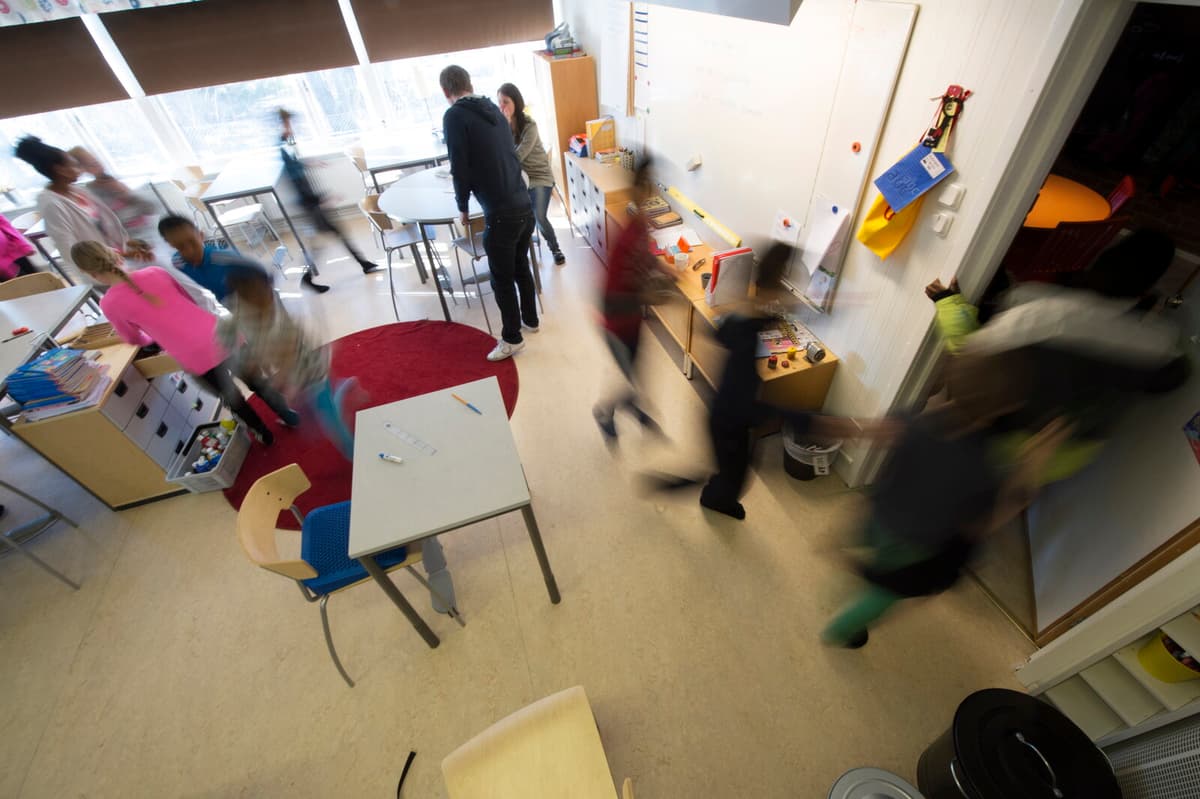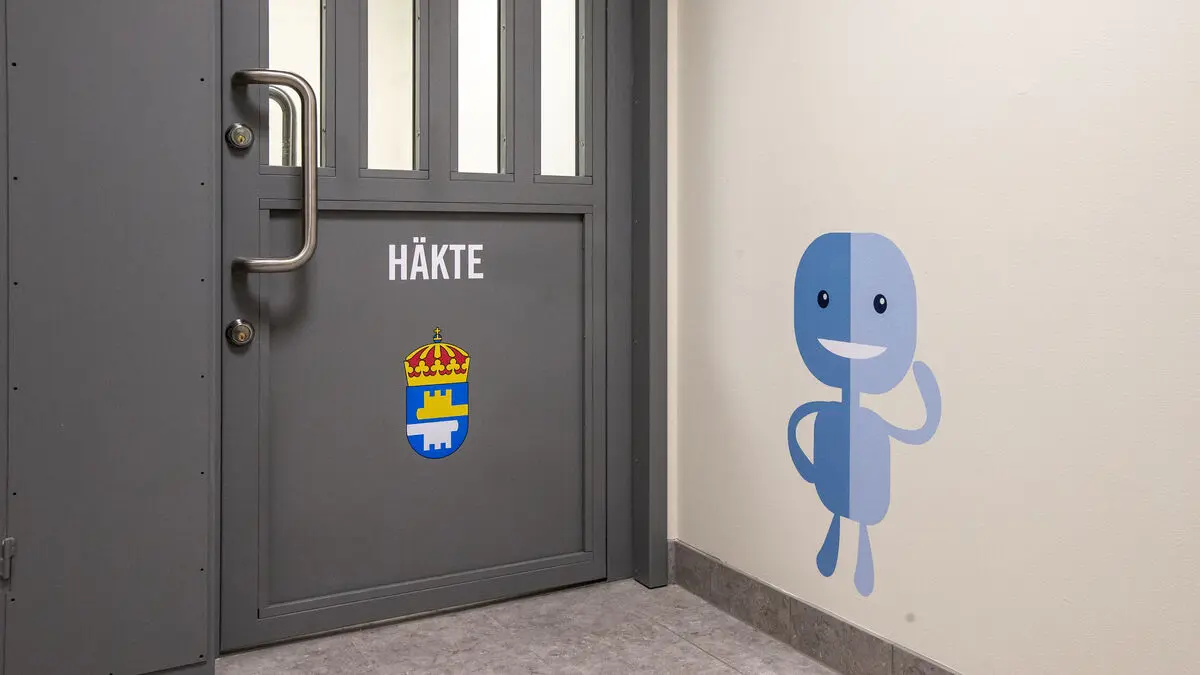The pressure on teachers from parents and students is great. In a survey by the trade union Sveriges Lärare last summer, more than half of the teachers responded that parents had made unreasonable demands at least once in the past 12 months.
This can involve parents wanting the teaching to be adapted for their child, support measures to be implemented, or a higher grade to be given.
According to Sveriges Kommuner och Regioner, it happens that the family's lawyer accompanies the student and parent when they have a development talk.
"Suddenly standing in the door"
Britt-Marie Selin is well aware of the phenomenon.
It can be to question given grades or assessments, even assessments of tests, she says.
She explains that teachers experience it as threatening.
They can show up unannounced and suddenly stand in the door, says Selin.
She is worried about the development.
I think it will become extremely difficult to recruit staff to schools if this development continues and the teacher's mandate to set grades is questioned.
"Experienced as a threat"
Similar situations have occurred elsewhere in the country, in socially vulnerable as well as affluent areas.
The family lawyer can also accompany the student if the school has made a concern report, which the parent reacts to. Sometimes, the lawyer accompanies the student when they have misbehaved or been involved in threats and violence against school staff that need to be resolved.
Then, you can bring a friend or relative who is considered legally knowledgeable and who then questions the accusations and demands the names of all those involved, says Selin and continues:
It can be experienced as a threat, actually.
Hard to be a good teacher
Veronika Fridlund is a researcher at Sveriges Lärare and has written a couple of reports on how teachers are exposed to influence. That parents bring legal representatives to school is extreme, but in the reports, teachers testify about parents who threaten to take lawyers, and those who are considered to have set too low grades are exposed in social media.
Then, it's also that they threaten to go to the newspapers, or to report to the School Inspectorate.
Teachers testify that the pressure increases the workload, which can negatively affect the rest of the class.
Time is spent on handling unreasonable demands instead of the teacher devoting themselves to teaching.
Unlawful or improper influence is actions that are intended to get a civil servant or elected official to act in a different way than intended. In the school's case, it can involve getting a teacher to set a higher grade.
Unlawful influence can be criminal, especially if it involves harassment, threats, violence, or corruption.
In a survey from last year, six out of ten teachers responded that they had experienced someone trying to influence their grading. Most often, it is the student who tries to influence, but more than one in four teachers reported that a parent had tried to influence the grade in the past year.
Sources: SR, Sveriges Lärare, Brå.






